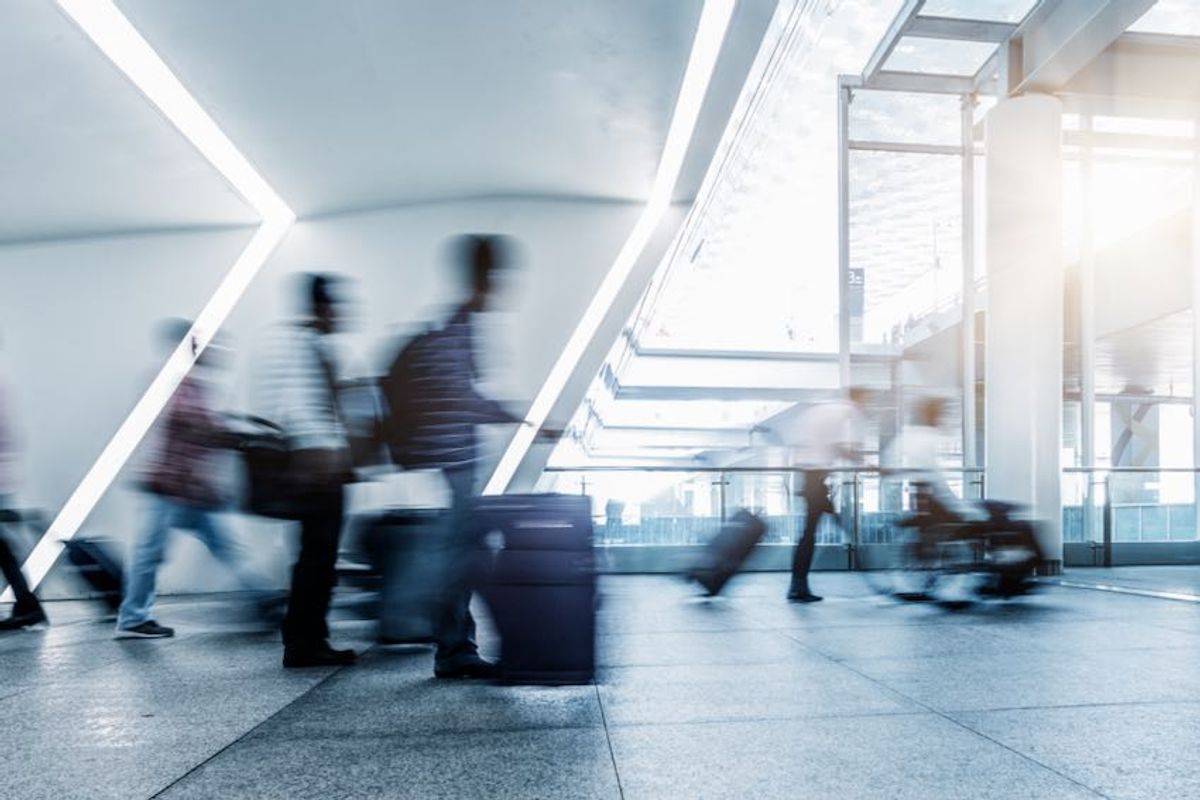Global travel buyers are showing renewed confidence in the business travel sector, with 43 per cent now optimistic about the industry’s outlook for the remainder of 2025, according to the latest GBTA (Global Business Travel Association) survey.
The October survey, which polled 591 travel buyers and suppliers worldwide, found that optimism among buyers had increased by 15 percentage points compared to the association’s previous July survey.
Buyers’ outlook on business travel spending stayed relatively consistent compared with three months ago, with 30 per cent expecting a decrease in spend this year (compared with 31 per cent in July). On average, travel spend is expected to decline by 19 per cent, up slightly from 17 per cent in July.
EMEA-based travel buyers are least likely to expect a decline in volume (29 per cent) or spending (23 per cent) compared to their peers in other regions.
A third of buyer respondents (35 per cent) said they expect travel volumes to decline as a direct a result of US government actions, including the ongoing government shutdown. This decline is also expected to be around 19 per cent.
Suppliers too are regaining confidence. In October, 37 per cent expect a drop in business travel revenue, compared to 48 per cent in July.
Revenue concerns are most pronounced among accommodation suppliers (59 per cent), which is consistent with July’s result (58 per cent). Travel management companies are less likely to expect a decrease (32 per cent in October compared to 48 per cent in July) while more airline professionals expect a decline (50 per cent in October versus 39 per cent in July).
“This latest poll reflects what has always been the industry’s innate ability to innovate and change – to succeed in the face of challenges,” said GBTA CEO Suzanne Neufang.
“Business travel is showing signs of resilience and adaptation, with optimism rebounding and new patterns emerging. However, the poll results also underscore the need for thoughtful strategies to navigate external pressures and internal policy shifts,” she said.
Shifting business travel patterns
Nearly two in five travel buyers (39 per cent) reported an increase in “linked” or multi-meeting/multi-destination trips, according to GBTA’s October poll. One-third (33 per cent) have seen longer trip durations and another third (32 per cent) said day trips have decreased in the past year.
Forty-three per cent of travel programmes now also have defined policies for blended or “bleisure” travel, with 71 per cent of buyers citing benefits of improved employee satisfaction and 68 per cent noting better work-life balance.
However, concerns remain for travel managers around duty of care (59 per cent), expense tracking (55 per cent) and insurance coverage (46 per cent).
Meanwhile, some employees are also paying out-of-pocket for travel upgrades. Two in five travel managers (43 per cent) said their employees at least occasionally pay for upgrades that aren’t covered by company policy. These include flight cabin upgrades (78 per cent) followed by airport lounge access (30 per cent) and extra hotel nights (29 per cent).
